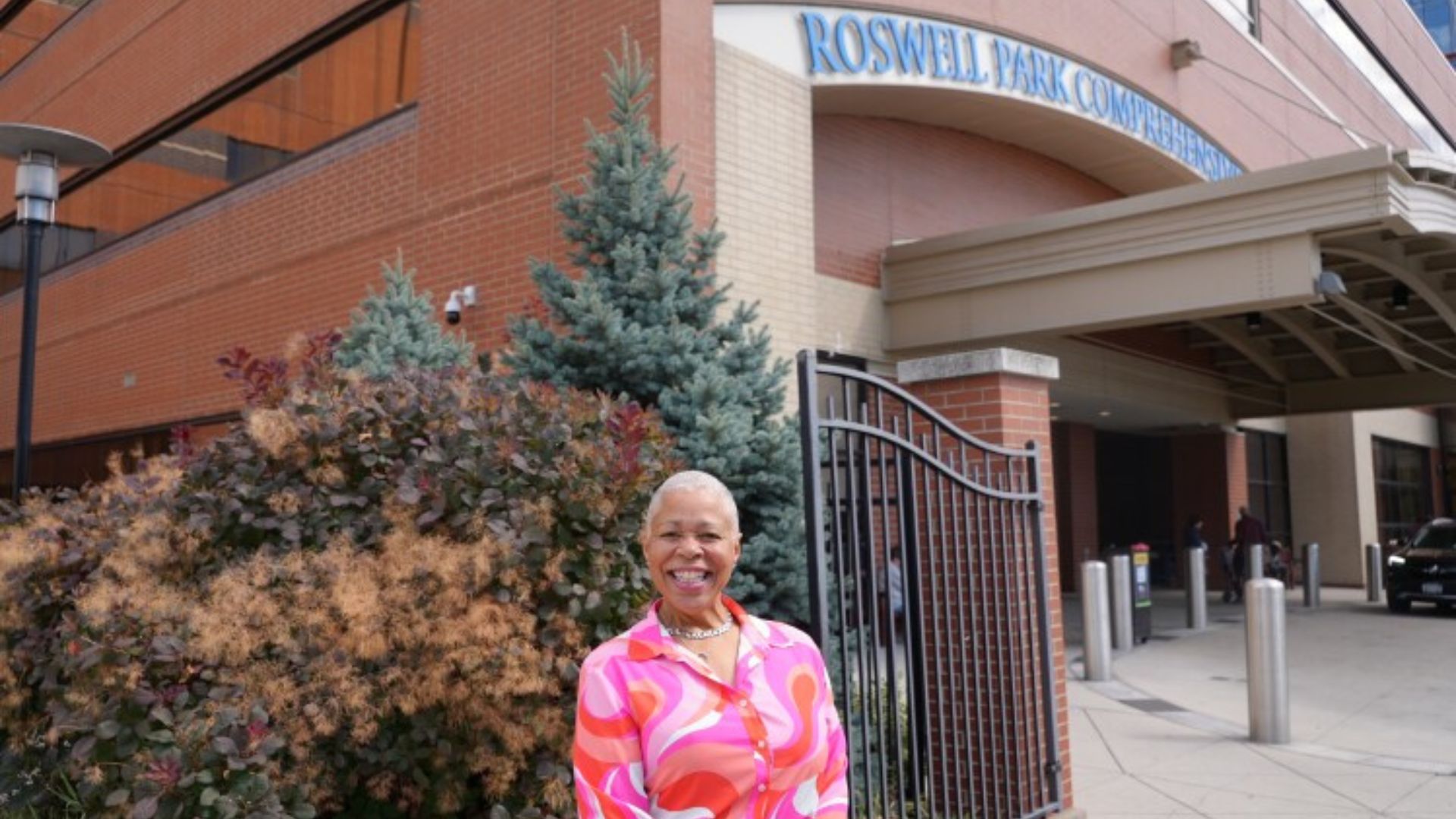BUFFALO, N.Y. (WKBW) — As we mark Breast Cancer Awareness month, work is being done in our own backyard to create better outcomes for patients.
"This is a fantastic study with fantastic information because it really gives credence to the fact that we need to take better care of ourselves," said Veronica Meadows Ray.
Roswell Park Comprehensive Cancer Center led the largest study of triple-negative breast cancer in Black women. Meadows Ray is a survivor. As are 8 of her family members.
WATCH: 'Fantastic': Roswell Park leads largest study of triple-negative breast cancer in Black women
"You try to think about what we have in common?" asked Meadows Ray. "The only common thing that was happening was that we were surviving."
But her family members didn't have triple-negative breast cancer, only she did. And that's a scary diagnosis because it's harder to treat.
"Triple negative has very high incidents among African American women, and we don't know why," said Dr. Song Yao, the doctor leading this research.

The Findings
He looked at the genome and found no difference between Black women and women of Asian or European descent.
"Now we know at least at the genetic mutation level, the cancer biology should be the same," said Dr. Yao.
Which answers a big question, but leads to more questions. What other factors could be leading to higher incidents?
He's now conducting another study looking at genetic inheritance and social/environmental factors like aging and obesity.
He hopes his next findings will lead to more treatment options for those with triple-negative breast cancer.

How to Protect Yourself and Your Family?
Meadows Ray is now cancer-free, but she still spends a lot of her time at Roswell Park.
"I went from being a patient at Roswell to being a research assistant," she said. "We are begging for the community to come in, give us a chance and let us put together a medical program that will help you."
She's urging people of color to get screened, participate in studies and take the secrecy out of family health.
"I say at your next family reunion, have a medical seminar," said Meadows. "All the women in my family have twice a year that they can get breast examinations, and the only way you can prove it's needed is by knowing your history."
For information from Roswell on screening, click here. For information about clinical trials and research, click here.




